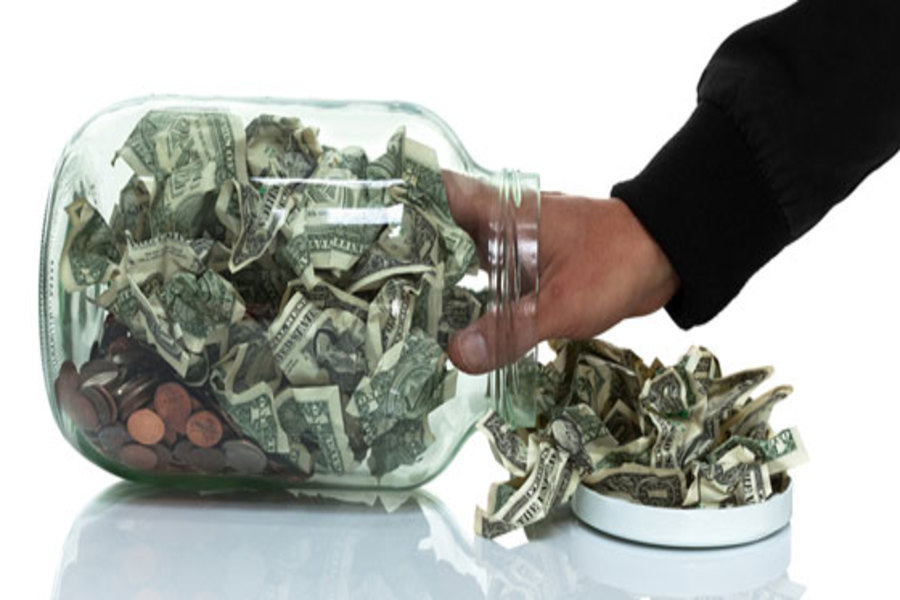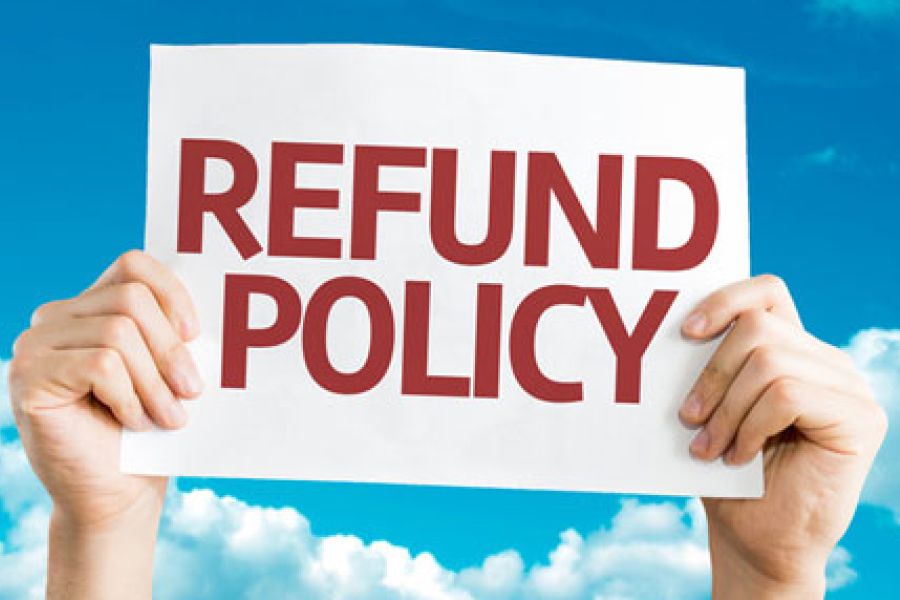Compiled annually, the “Dirty Dozen” lists a variety of common scams that taxpayers may encounter anytime but many of these schemes peak during filing season as people prepare their returns or hire someone to help with their taxes. This year's "Dirty Dozen" is separated into four separate categories: Pandemic-related scams like Economic Impact Payment theft (See Blog Post 1049) Personal information cons including phishing, ransomware and phone "vishing" (This Blog Post) Ruses focusing on unsuspecting victims like fake charities and senior/immigrant fraud (See Blog Post 1051) Schemes that persuade taxpayers into unscrupulous actions such as Offer In Compromise mills and syndicated conservation easements (See Blog Post 1052) The Internal Revenue Service, via IR 2021-137, continues its "Dirty Dozen" scam series with a warning to taxpayers to watch...

Compiled annually, the “Dirty Dozen” lists a variety of common scams that taxpayers may encounter anytime but many of these schemes peak during filing season as people prepare their returns or hire someone to help with their taxes. This year's "Dirty Dozen" will be separated into four separate categories: Pandemic-related scams like Economic Impact Payment theft (This Blog Post) Personal information cons including phishing, ransomware and phone "vishing" (See Blog Post 1050) Ruses focusing on unsuspecting victims like fake charities and senior/immigrant fraud (See Blog Post 1051) Schemes that persuade taxpayers into unscrupulous actions such as Offer In Compromise mills and syndicated conservation easements (See Blog Post 1052) Economic Impact Payment theft A continuing threat to individuals is from identity thieves who try to steal Economic Impact Payments...
Compiled annually, the “Dirty Dozen” lists a variety of common scams that taxpayers may encounter anytime but many of these schemes peak during filing season as people prepare their returns or hire someone to help with their taxes. On 6/28/21 the Internal Revenue Service, via IR 2021-135, began its "Dirty Dozen" list for 2021 with a warning for taxpayers, tax professionals and financial institutions to be on the lookout for these 12 nefarious schemes and scams. This year's "Dirty Dozen" will be separated into four separate categories: Pandemic-related scams like Economic Impact Payment theft (See Blog Post 1049) Personal information cons including phishing, ransomware and phone "vishing" (See Blog Post 1050) Ruses focusing on unsuspecting victims like fake charities and senior/immigrant fraud (See Blog Post 1051) Schemes...
The world’s largest meat production company was recently sidelined by a ransomware attack. The hack forced the company to temporarily shutter plants in the United States, Canada and Australia, affecting the U.S. meat supply and even hurting commodity prices. If it seems like cybercriminals often target manufacturing (including food processing) and distribution companies, that’s because they do. According to software company Varonis, manufacturers account for nearly a quarter of all ransomware attacks — more than any other industry. To prevent your company from becoming another statistic, learn about security breaches and protect your network. A high price It’s only natural that manufacturers fear data breaches — and unfortunately hackers often can use that fear to cripple organizations through ransomware. This type of malware is installed on a computer...
Fraud perpetrators take whatever they can get their hands on. But fraudsters prefer cash because it’s virtually untraceable. Fortunately, fraud experts have the expertise and tools to trace even cash-based theft. Multiple opportunities According to the Association of Certified Fraud Examiners, there are three main categories of cash fraud, which includes checks because they’re easily converted to cash: theft of cash on hand, theft of cash receipts, and fraudulent disbursements. Fraudulent disbursements comprise many of the most frequently executed schemes, such as over-billing and “ghost” employee schemes. Over-billing vendors usually submit inflated invoices by overstating the price per unit or the quantity delivered. A dishonest vendor also might submit a legitimate invoice several times. Over-billing may involve collusion with employees of the victim organization, who typically receive kickbacks for...
To generate revenue and foster customer loyalty, many businesses, including retailers, airlines and credit card companies, create loyalty and reward programs. Such programs can help companies attract and retain customers, but they may also be subject to fraud and abuse. ATO risk Loyalty programs are particularly vulnerable to account takeovers (ATOs). In these schemes, a criminal assumes control of a customer’s loyalty or rewards account and monetizes it. The thief redeems points for goods and services for personal use or sells them on the black market. These days, the information usually ends up on the dark web. ATOs often are successful because many loyalty programs lack the robust fraud controls and dedicated teams of investigators to prevent and investigate them. Often, companies don’t understand the extent of fraud...
Although auto sales plunged at the start of the COVID-19 pandemic, they’ve since rebounded. In fact, some dealerships are reporting record sales in 2021. Problems remain — including supply bottlenecks. Also, your dealership may be more vulnerable to fraud. Factors such as employees working from home, new vendors and even booming sales, can put your business at risk. Here’s how to prevent fraud from cutting into profits. Focus on accounting Fraud prevention starts with strong internal controls. For example, good controls generally require a dealership’s accounting department to post transactions daily, including new and used vehicle sales, repair orders, invoice payments, payroll and cash receipts. By 1 p.m. on any given day, you should have access to real-time checkbook balances and other accounting information effective as of 5 p.m. the...
Fraudulent behavior isn’t necessarily perpetuated by people hiding their identities. For example, legitimate customers sometimes use the credit card chargeback process to their advantage — and to the disadvantage of merchants. Others routinely abuse chargebacks to steal merchandise. Here’s how to protect your business from these types of “friendly” and sometimes dishonest fraud. Chargeback mechanics Friendly fraud pivots on a customer’s failure to communicate with a merchant. Instead of contacting a seller to discuss a problem with a good or service, some customers immediately dispute a charge with their bank or credit card company. They generally provide plausible reasons for the dispute and don’t mask their identify at any phase of the process. A chargeback takes time and effort to resolve. And if the bank or credit card...
Bad faith denials of claims by insurers are illegal, but some dishonest companies or agents attempt them anyway. It’s possible that just when you have the greatest need, you’ll find yourself out in the cold. Unfortunately, there aren’t a lot of great legal remedies. So it’s critical to avoid unreliable and fraudulent insurance coverage in the first place. Legal contract An insurance policy is a contract. The insured agrees to pay premiums and take reasonable steps to prevent injury or damage, and the insurer agrees to settle legitimate claims according to the policy’s terms. Not only is it good business practice for insurers to cover legitimate claims, but it’s illegal for them to deny them. There may be times when you and your insurer disagree about what’s covered...
The COVID-19 pandemic has put enormous pressure on global supply chains. As companies struggle to obtain the goods and materials they need, they may not pay as much attention to potential fraud signs. Unethical employees and organized crime gangs have only been too willing to take advantage of the situation. Consider conducting a targeted risk assessment that focuses on the changes that have occurred since the pandemic began. Although a targeted assessment isn’t a substitute for an all-encompassing review, it can help prevent certain threats from resulting in huge financial losses. Four items for review As part of your assessment, review: Changes in the operating landscape. As the pandemic took hold, both individual businesses and the larger marketplace changed. Some of those changes were readily apparent, such as...











